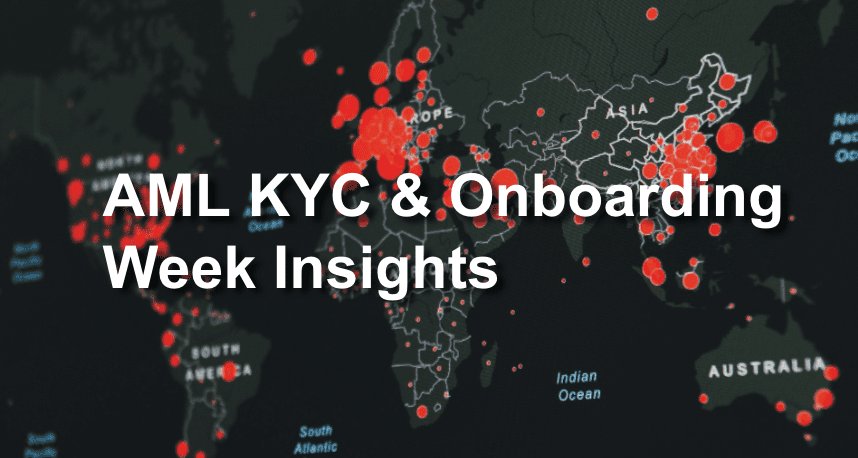Switzerland & UK:
Shift to Advanced KYC:
Financial institutions in these jurisdictions are emphasizing robust, AI-driven KYC and AML frameworks, with a growing adoption of real-time verification, perpetual KYC (pKYC), and decentralized identity solutions to streamline onboarding and reduce fraud[1][2][3].
Regulatory Focus:
There is heightened regulatory scrutiny around corporate transparency, ultimate beneficial ownership, and sanctions evasion. UK and Swiss regulators are pushing for better information sharing and leveraging technology to enhance compliance[2][4].
AI and Blockchain Integration:
AI and blockchain are increasingly used for transaction monitoring and identity verification, with AI-driven systems reducing false positives by up to 40% and blockchain-based solutions being adopted for immutable audit trails[2][5].
UAE & Mauritius:
Regulatory Expansion:
The UAE and Mauritius are implementing stricter AML laws, expanding the scope of regulated entities and increasing penalties for non-compliance. Both jurisdictions are focusing on digital identity and technology-driven compliance to align with global standards[4].
Tech Adoption:
Financial institutions are investing in RegTech solutions, particularly real-time transaction monitoring and AI-powered risk assessment, to manage cross-border compliance and improve onboarding efficiency[2][5].
Sources:
[2] https://www.moodys.com/web/en/us/kyc/resources/insights/aml-in-2025.html
[3] https://authbridge.com/blog/kyc-challenges-today-and-future/

